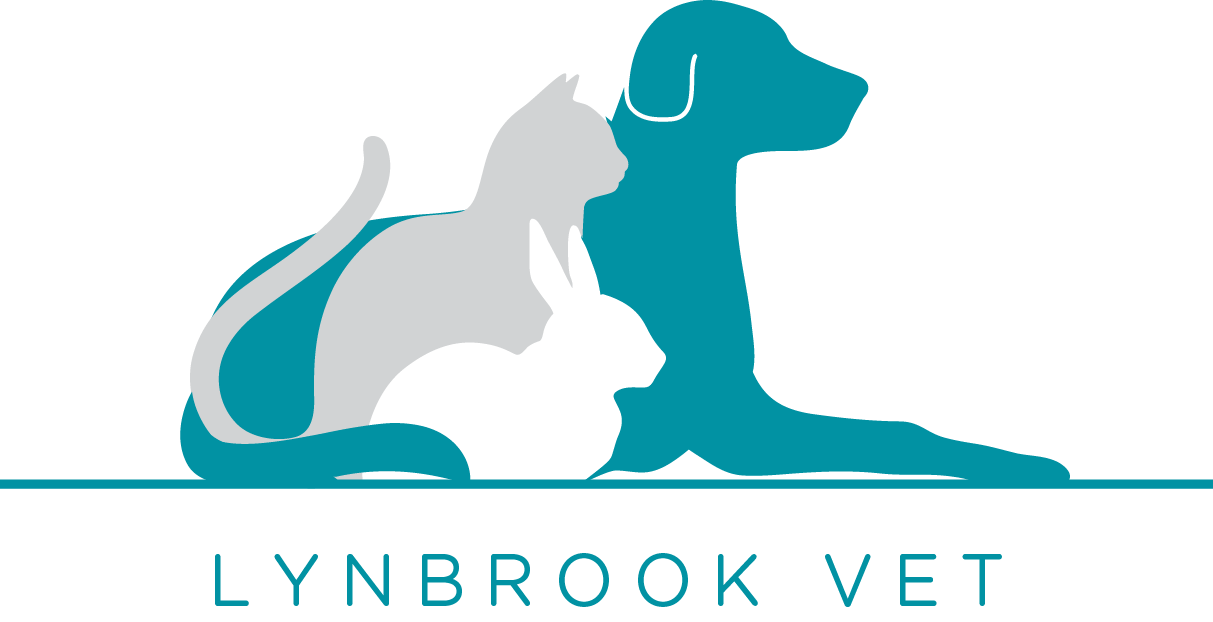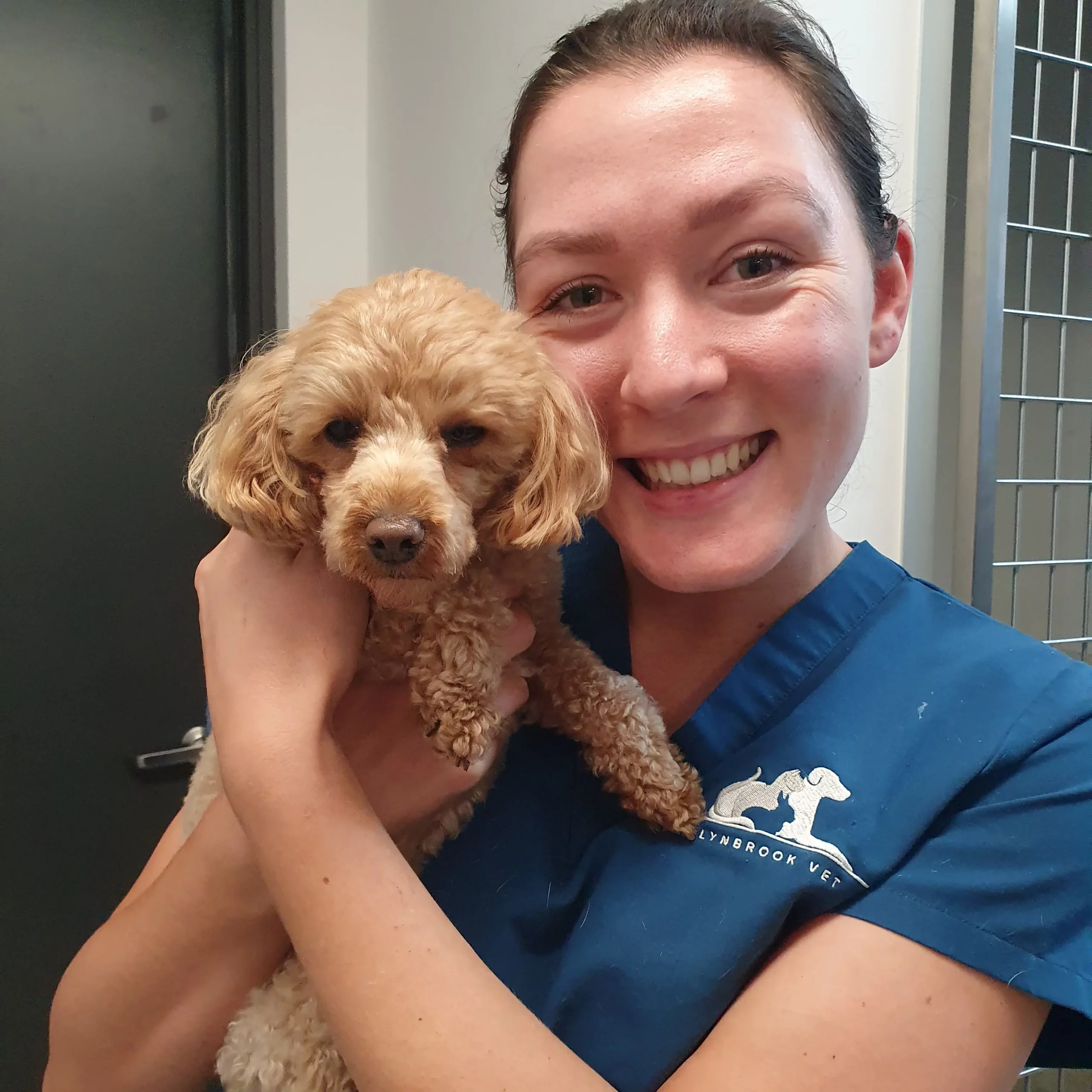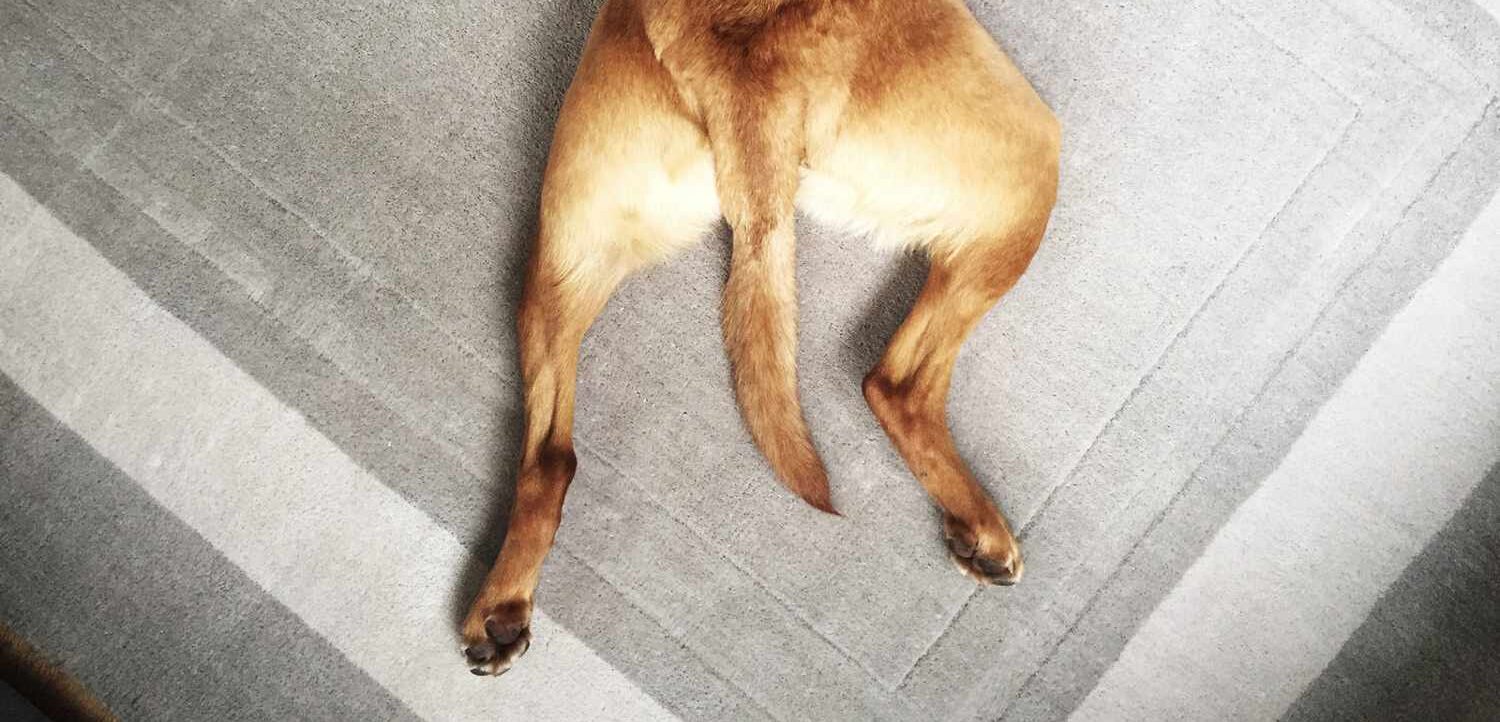Did you know that 1 in 4 non-desexed female dogs will develop a pyometra before the age of 10?
That is a pretty high probability so let’s take a few minutes to understand what exactly this disease is, why it occurs and most importantly, how we can prevent pyometra in dogs.
What is pyometra in dogs?
Pyometra is the term used to describe a pus-filled infected uterus. Sounds serious, doesn’t it? That’s because it is serious and can be a life-threatening disease if not addressed quickly. Animals that are most at risk of developing a pyometra are female dogs who are not desexed and have had a few heat cycles without producing a litter.
How do dogs get Pyometra?
Female dogs go through two heat cycles per year, on average. With each heat cycle the glands lining the uterus become engorged to prepare for a possible pregnancy. Over time some of these glands can remain engorged creating a lumpy texture to the uterus. This increases the risk of developing a pyometra because it creates a wonderful home for bacteria to grow. Bacteria make their way into the uterus through the vaginal canal and multiply to cause a nasty infection that can lead to serious health complications.
What are the signs of Pyometra in dogs?
Some pyometras are more obvious than others. In some cases, the cervix is open allowing the pus to escape from the uterus and you may notice vaginal discharge. In other cases, the cervix is tightly closed stopping pus from being expelled.
Aside from vaginal discharge other signs to look out for are:
- Lethargy
- Vomiting
- Loss of appetite
- Excessive thirst
- Increased urination
- A painful or swollen abdomen
Another thing to keep in mind is that this disease develops 1-2 months after a heat cycle. So, if you’re noticing these signs, think back to when your dog was last in heat. If it was in the past 1-2 months, then she may be at risk of having a pyometra.
How to treat Pyometra in dogs
The good news is that Pyometra is a disease that can be treated.
If caught early enough, the treatment for a pus-filled uterus is relatively straight forward – remove the pus-filled uterus. This is done by a surgery called an ovariohysterectomy which involves removing the ovaries and uterus. It is the same procedure that is performed when we desex (or spay) young female dogs.
Despite treatment being relatively simple, it is important to keep in mind that the infection, if left long enough, can cause all sorts of other problems within the body which may require more extensive treatment. The uterus is also much larger due to the infection and the surgeon must be extra cautious when removing the oversized, puss-filled organ from the abdomen.
How to avoid Pyometra
The short answer is to desex your female dog!
Removing a diseased and infected uterus is much more difficult and riskier than removing a small, healthy uterus that has never undergone a heat. That is why, here at Lynbrook Vet, we recommend desexing your female dog before her first heat cycle (between 5-6 months of age).
You know what they say, prevention is always better than cure!
I plan to breed my dog; how can I prevent pyometra?
While the thought of an adorable litter of puppies running around is enough to make anyone not desex their dog, hopefully based on the above reading you know what to watch out for when deciding to delay desexing as the life-threatening condition of pyometra is certainly one to think twice about.
Once you have finished breeding your dog, you should consider desexing her as soon as her last litter has left to ensure she can no longer get a pyometra.
If you’re not sure about whether you want to breed or not, have a chat with your vet. There are a lot of factors to consider when planning to breed including costs and your dog’s health.
Resources
https://veterinarypartner.vin.com/default.aspx?pid=19239&id=4951481
https://www.ncbi.nlm.nih.gov/pmc/articles/PMC3892096/
https://www.vin.com/apputil/content/defaultadv1.aspx?meta=&pId=11147&id=3846297
If you would like advice about Plyometra and/or breeding your female dog, our vets are happy to help! Contact your vet today about making an appointment.
What is pyometra in dogs?
Pyometra is the term used to describe a pus-filled infected uterus.
How do dogs get pyometra?
Female dogs go through two heat cycles per year on average. With each heat cycle the glands lining the uterus become engorged to prepare for a possible pregnancy. Over time some of these glands can remain engorged creating a lumpy texture to the uterus. This increases the risk of developing a pyometra because it creates a wonderful home for bacteria to grow.
What are the signs of pyometra?
Some pyometras are more obvious than others. In some cases, the cervix is open allowing the pus to escape from the uterus and you may notice vaginal discharge. In other cases, the cervix is tightly closed stopping pus from being expelled.
How do you treat pyometra?
If caught early enough, the treatment for a pus-filled uterus is relatively straight forward, that is, to remove the pus-filled uterus. This is done by a surgery called an ovariohysterectomy which involves removing the ovaries and uterus. It is the same procedure that is performed when we get young female dogs desexed or spayed.
How can you avoid pyometra?
The short answer is to desex your female dog! Removing a diseased and infected uterus is much more difficult and riskier than removing a small, healthy uterus that has never undergone a heat.
I plan to breed my dog; how can I prevent pyometra?
Once you have finished breeding your dog, you should consider desexing her as soon as her last litter has left to ensure she can no longer get a pyometra.








